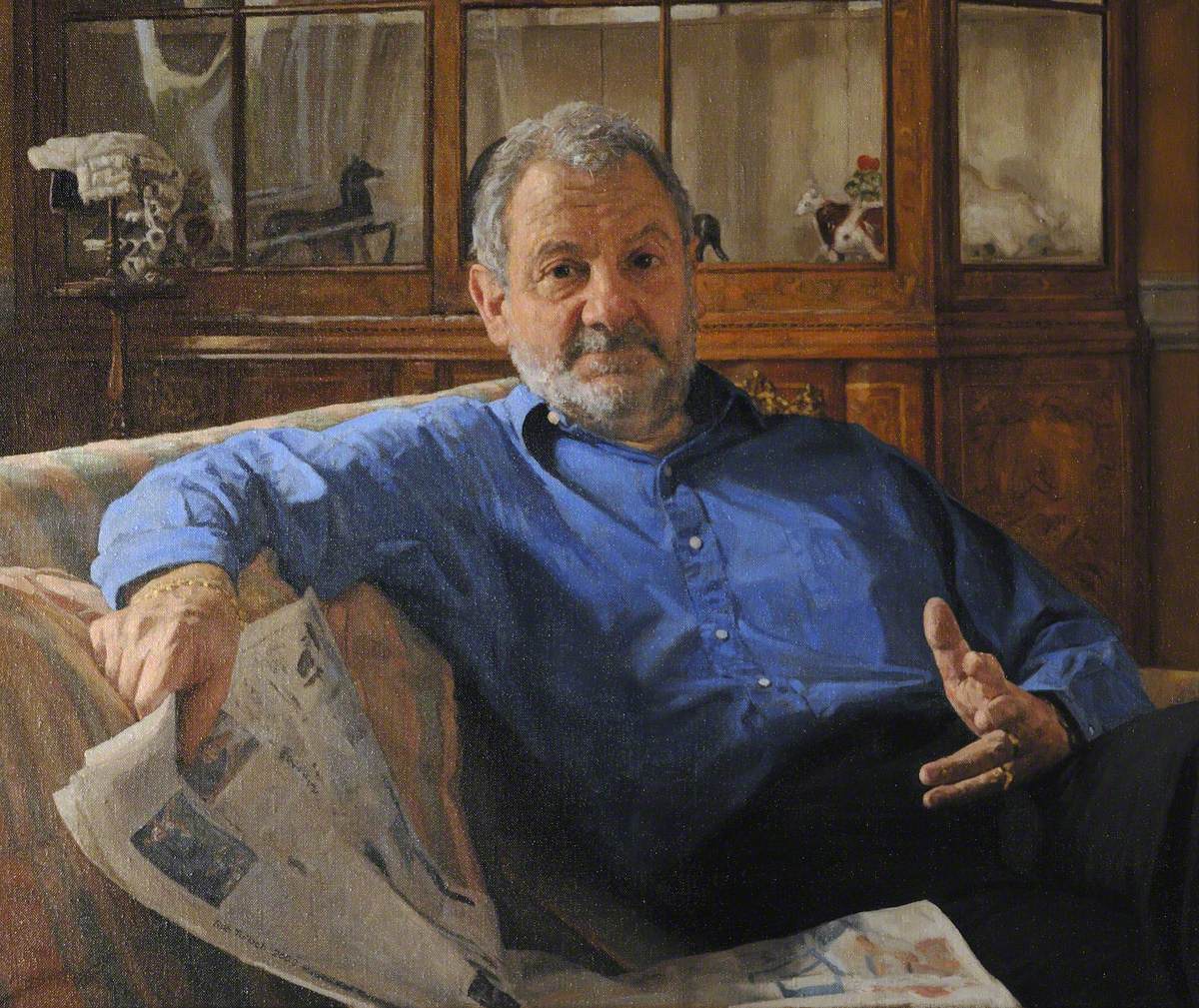MJBQC, A Life Within and Without the Law - Michael Beloff QC
Book Review by Colin Passmore, Simmons & Simmons LLP & Chair, City of London Law Society
I am not a great fan of books written by lawyers (aside from textbooks and obvious exceptions, such as Lord Sumption’s “100 Years War” and David Foxton’s “Life of Thomas Scrutton”). It was therefore with some trepidation that I agreed to review “MJBQC, A Life Within and Without the Law”, Michael Beloff’s 2022 autobiography published by Hart Publishing.

I know Michael a little – I instructed him occasionally over the years (in one memorable matter about the local Stock Exchange - when I was based in Hong Kong and we had a telephone conversation which I joined at 2 am on account of the time difference) - but not well enough to merit a mention in his book. On the other hand, I have been able equally occasionally to email him and seek to pick his brain for free – in return for which last time round he sought a modest repayment in the form of requesting that I write a review, hence this piece. Aptly enough, given that Michael is regarded, amongst other things, as the Father of Sports Law, I finally knuckled down to read MJBQC on a long stint in France recently, following the fortunes of the England rugby team.
As Michael records, he once had a book review rejected for writing more about himself than the subject of the book. So before I fall into the same trap, let me say at once that, in summary, this is a mostly fascinating book on several levels. Inevitably, it traces Michael’s career from his early years – his education at the Dragon School in Oxford, then Eton followed by Magdalen College, Oxford – where of course he did very well and where inevitably he came engaged in debating (aka advocacy). From there, his early years at the Bar are especially interesting – tales of trekking around the country appearing with varied success at a multiplicity of county and other courts, on briefs covering a vast array of topics, the old-fashioned way of cutting one’s teeth, a world away from how juniors at the major sets are now brought up, as Michael himself points out. It brought to my mind an impression of an upmarket (ie civil law) Rumpole (but without the culture warnings).
This investment was repaid handsomely, for Michael’s career thereafter really took off – as he became in due course a first port of call for admin law (JR) and then sports law. The sheer number of leading cases he appeared in – including the (in)famous Gillian Taylforth libel case (you may need to be of a certain age to recall that), which he addresses with disarming honesty - as well as the shipping and commercial cases in which he led (I had no idea he did such work, which perhaps shows the narrow world I have inhabited), illustrates the breadth and success of his practice.
It is odd that one so successful, experienced and knowledgeable did not become a High Court Judge. Michael explains this away as being for a pot pourri of reasons and I will come back to this shortly. He did, however, sit as an Appellate Judge in the Channel Islands Courts for many years – necessarily part time. Interestingly, this provides an anecdote about swimming off the Jersey coast with fellow judges which perhaps only Michael could now get away with telling.
Curiously, the book is written in a slightly self-deprecating (if humorous) style. This certainly reflects the modesty I have always seen in Michael, despite his huge reputation, but does it also reflect a slight sense of wanting to be wanted, a trait I have sensed exists in many counsel over the years? It is perhaps surprising that one might say this about a man who since an early age has been extraordinarily and so easily well connected with the great and good (and not so good) in the worlds of law, politics and sport – the people he has dealt with or been friends with over the years reads like a mini “Who’s Who” (eg Archer, Aikens, Blair x 2, Coe, Johnson, Bolt, Patten, Rogge and every senior Judge you can think of). When reading about how Michael declined an English judicial career, he says “I had always wanted to be asked to become a High Court Judge as a validation of my standing in the eyes of the profession”. That is quite an admission.
This book is a mini social history as Michael glided through his education, a glimpse into the life of a jobbing junior in the 1960s, and then the start of a stellar career appearing around the world in courts and before arbitrators, coupled with a break as President of Trinity College. Michael’s successes are deserved, not least because it is obvious – as with so many successful people – that he worked so darned hard. A final observation: one thing that shines through the book is the number of people in the law whom Michael mentored throughout his career. Mentoring has been bit a buzz word in the professions for some time and it is to Michael’s credit that he evidently was mentoring successfully long before it became fashionable.
This is worth a read, especially if you knew or came across Michael in your own careers, or if you want to see how it used to be: you will, I am sure, be left with the impression of an extraordinarily talented, versatile and very likeable man. In my case, I wish I had known him better and instructed him more often.
